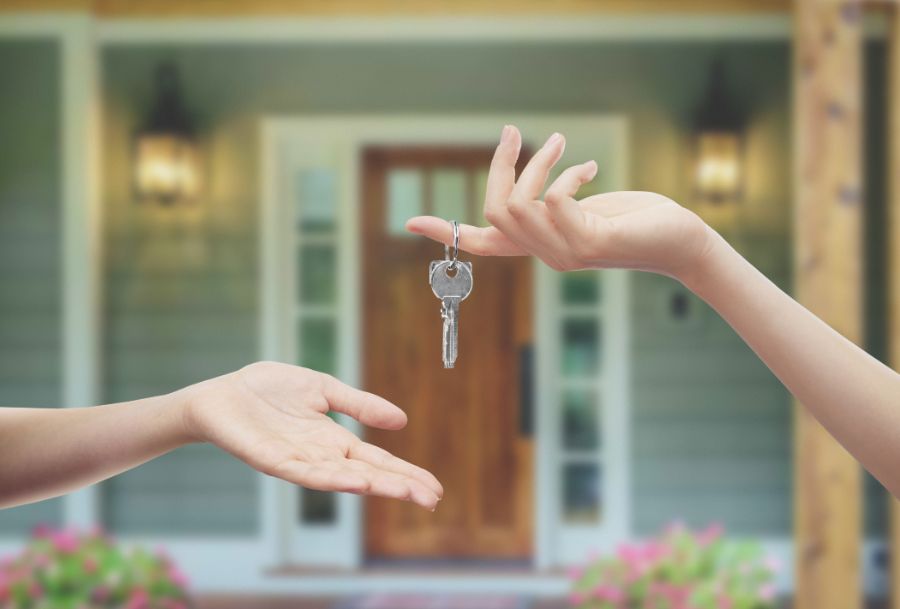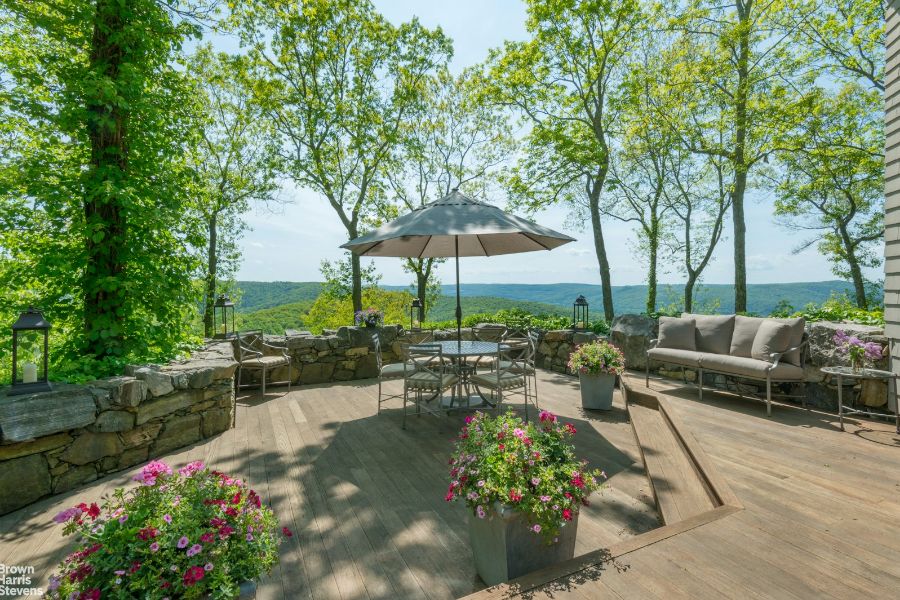By Jordan Padgett, Licensed Real Estate Salesperson
So, you’ve decided it’s time. It’s time to buy your first home. Every year your rent goes up, the landlord never fixes your plumbing, and you question whether it’s worth adding a fourth roommate. You’ve diligently saved for this moment, looked at homes on StreetEasy and Zillow, and are confident you can find your first home that will fit your budget and needs, but where do you begin?
First, it's important to ask yourself why you should buy, rather than rent. Sure, dealing with landlords stink, but you don’t have to worry about pesky things like garbage and snow removal. Plus, although repairs might not always happen at your pace, when the fridge breaks or the toilet is clogged, it doesn’t come out of your pocket to get the repairs. Plus, if after one or two years you don’t like where you are living, you can just up and move somewhere else.
So, what are the benefits to you for home ownership, if any? It turns out that there are quite a few! Some are obvious, such as a flat payment for your mortgage every month (barring variable interest rate mortgages), and no more yearly rent increases. Some are a bit more subtle, such as equity and appreciation. Let’s take a closer look.
Property Appreciation
Arguably the best benefit, outside of having a place you can call home that you own, is that property is an appreciating asset. Appreciation is the increase in the value of a property, and properties will appreciate in value, the majority of the time. Land area (for the most part) does not increase. What we have is what we have. As population grows there is less land per person, hence, making land itself more valuable. There are factors such as inflation and the development of land in and around the area of the home. These are just a few factors that lead to homes becoming more valuable over time. Homes can depreciate as well (the only appreciating, depreciating asset) and give tax write-offs, but we’ll discuss that when you are ready to buy your second home or investment property. However, being a homeowner still gets you sought after tax write-offs.
Tax Write-Offs
Less money to "Uncle Sam" and more money into your pocket. As of this year, if you take out a mortgage you can deduct the interest up to $750,000 for married couples filing jointly, single filers, and heads of households. If you are married, filing separately, each person can deduct up to $375,000. Due to possible tax deduction, implications owning a home could save you money in the long run.
Building Equity
Equity is the difference between what you owe on your mortgage and what your home is currently worth. If your home is worth $400,000 and you have a mortgage of $350,000, you have $50,000 equity in your home. As your home appreciates and you pay down the mortgage, you can use the equity in your home to build and “trade up” to purchase a larger home and amass greater savings. You can also take a loan out against your home, called a home equity loan, usually with more favorable rates than with a loan provider.
Renovations and Capital Improvements
If you love to cook, you NEED to have an ideal kitchen. You plan on being at your rental for at least a decade and you know it’s a rental, but you’ve got approval from the landlord to put $5,000 worth of improvements into your must have kitchen. Then the call comes, “Hi John, it’s your boss. We need you to relocate.” You know what won’t be relocating? Your beautiful kitchen. When you own your own home, whatever improvements you make directly impact and increase the value of your home (not your landlord’s).
Capital Gains
If you’ve lived in your home for at least two years and decide to sell your home, most likely your home has appreciated in value. Capital gains are any realized gains above the initial investment. If you purchased a home for $400,000 and two years later it is now worth $600,000, you have a realized gain of $200,000 when you sell (yay!). For primary residences, if you are single, you will pay no capital gains tax on the first $250,000 of profit. For married couples it’s a $500,000 exemption.
To recap, purchasing a home does have a high barrier to entry, namely the down payment (we’ll talk about how to make this better later), but once you are in, there are a myriad of benefits that range from the time you own the home all the way to the point of sale. There are additional benefits, such as the 1031 Exchange, but let’s get you started on your first home before looking at benefits that deal with investment properties.
Click here to connect with Jordan and view his current listings.



